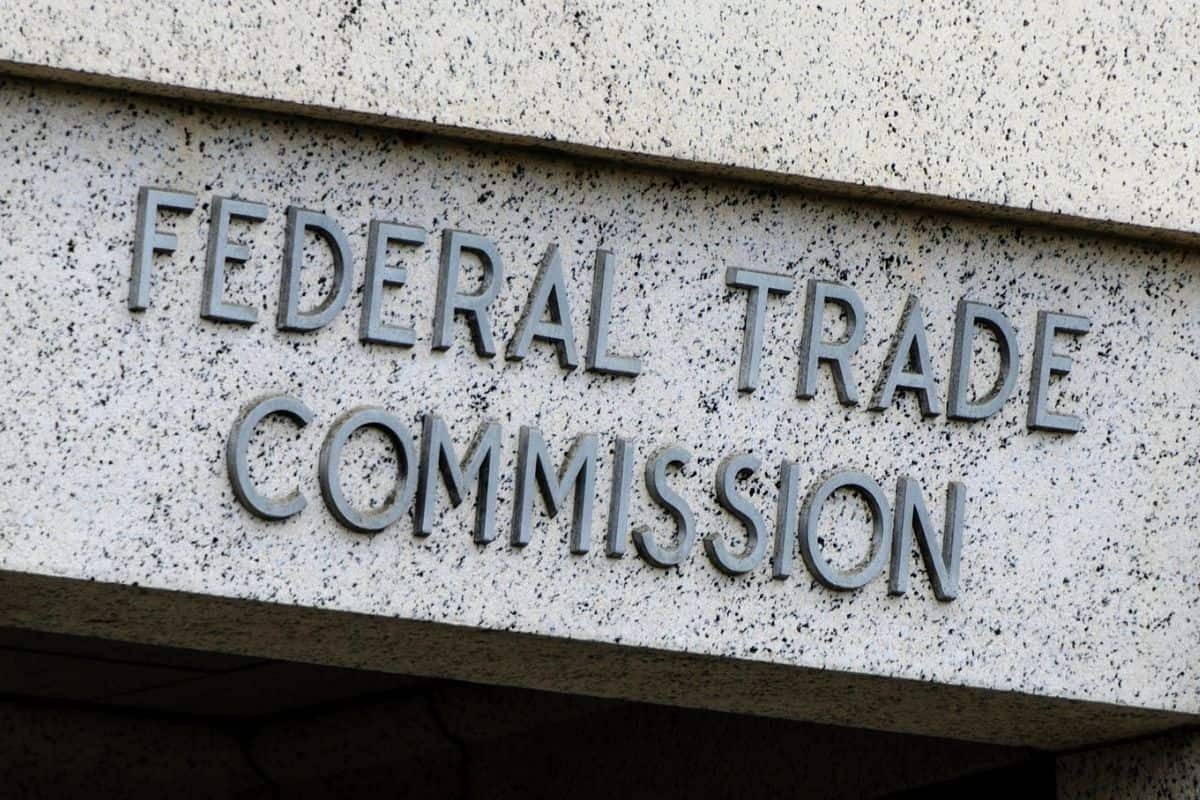Reports show the Federal Trade Commission and several US states are looking into the VR division.
The Federal Trade Commission and a number of US states are investigating the virtual reality division at Meta, according to a recent Bloomberg report.
The specific number of states were not identified in the report, but they are being led by New York.
New York is leading the undisclosed number of states across the country that are questioning the Meta virtual reality Oculus app developers. The investigation has been ongoing across the last few months, according to the Bloomberg report and the sources with knowledge of the matter that it cited. The media outlet stated in the report that investigators were seeking to determine whether the VR division at Meta is using its market position to hold back its rivals.
Oculus is a core component of Meta’s overall ambitions to expand its metaverse. The metaverse term is based on a commonly used science fiction term referring to a technology-based future in which people use the internet by way of immersive tech such as AR and VR. The company formerly known as Facebook changed its name to reflect its goals in building out that digital universe.

The company’s entire rebranding as Meta is dependent on a future including virtual reality use.
The rebranding took place in October to allow the company formerly known as Facebook to make a push toward metaverse technology. CEO Mark Zuckerberg announced that the company would be comprised of two primary businesses, the social media business for which it is known, and Reality Labs, its AR and VR hardware division.
Andrew Bosworth, head of Reality Labs, announced in that same month that the company would be dissolving Oculus in “early 2022” and that the Oculus Quest headset would be renamed as Meta Quest. The Oculus App would also be replaced by the Meta app.
The FTC isn’t the only watchdog questioning Meta for antitrust and anti-competition in the virtual reality division. Another investigation was recently announced in the United Kingdom with a focus on child privacy and security. An FTC antitrust lawsuit against Meta was also permitted to proceed by a ruling made by a judge last week. The lawsuit seeks to force Meta to sell WhatsApp and Instagram.


